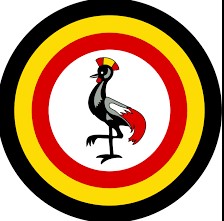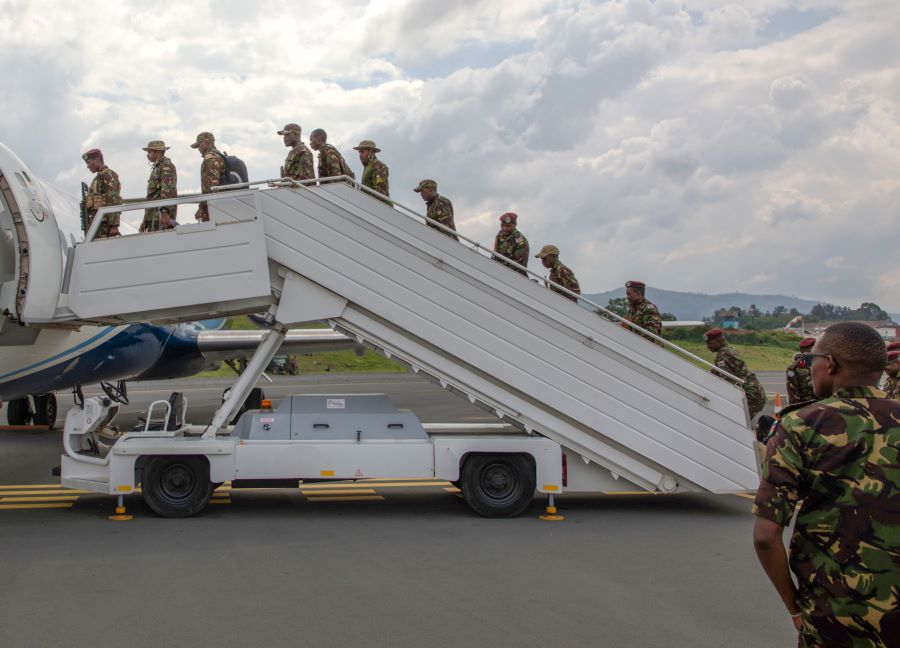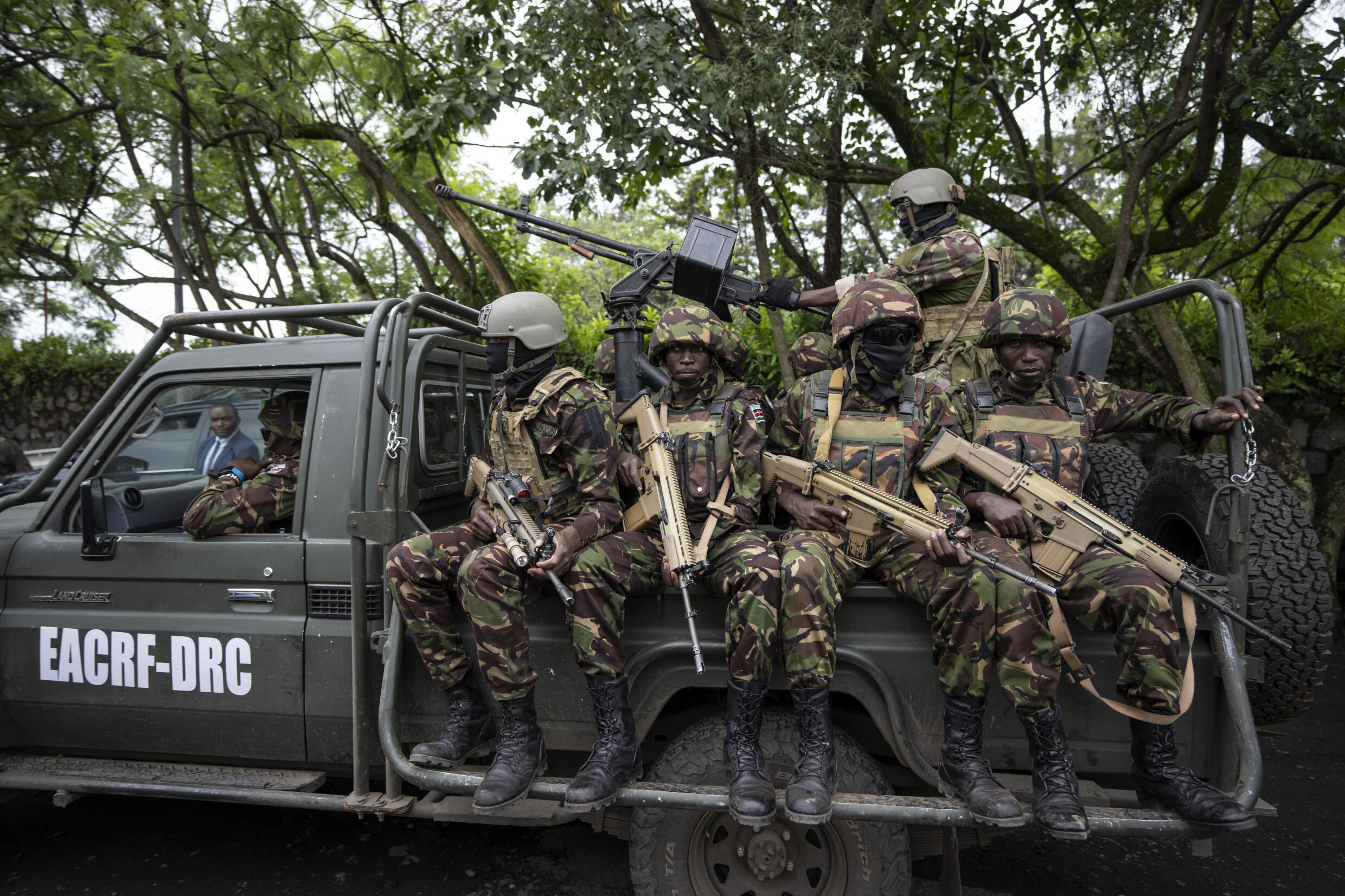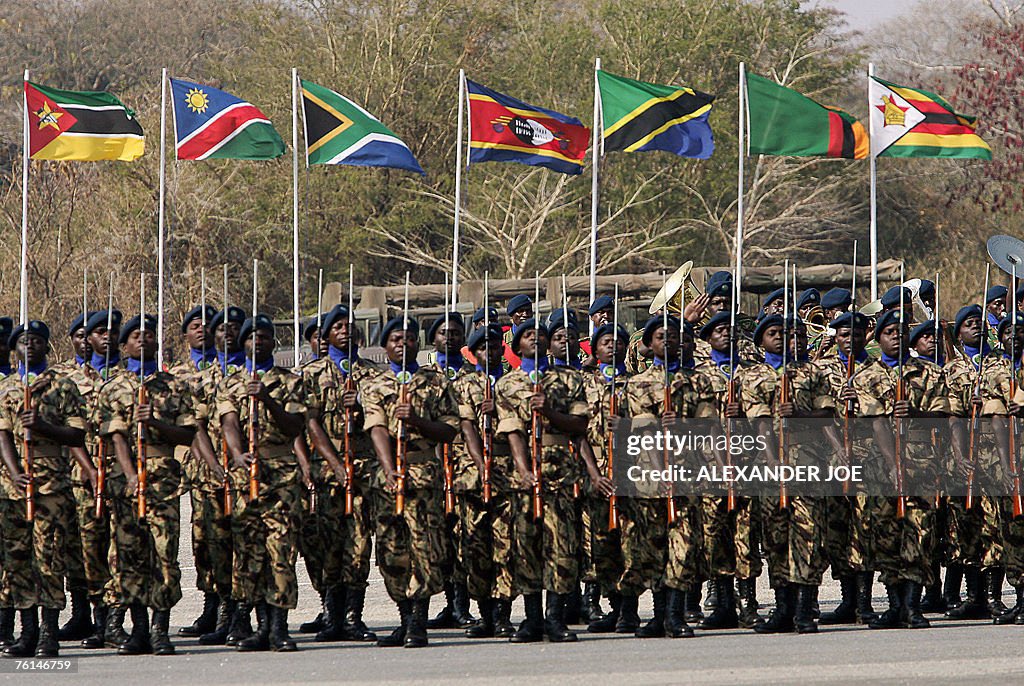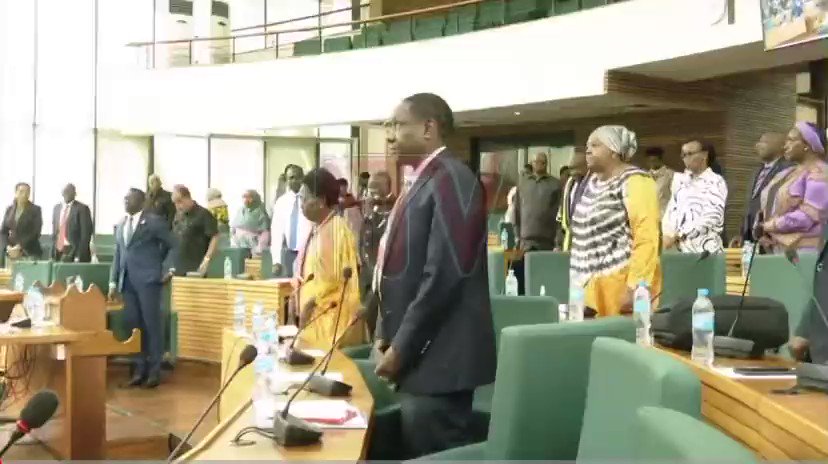Regional
How Tshisekedi’s DRC weighs on EAC
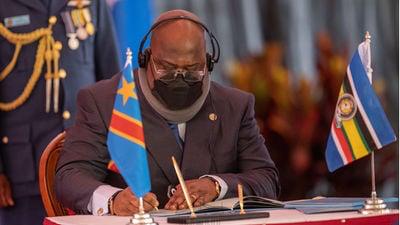
The DRC's President Felix Tshisekedi signing EAC treaty.
The Democratic Republic of the
Congo officially joined the East African Community (EAC) in March 2022,
becoming the seventh partner State. After joining the bloc, Congolese President
Felix Tshisekedi said that DRC looked forward to increased intra-EAC trade and
a reduction of tension among partner states.
Every partner state has to
participate in various areas of cooperation in all sectors to promote the four
pillars of regional integration; the Customs Union, Common Market, Monetary
Union, and Political Federation. Unfortunately, Kinshasa failed to comply with
EAC protocols in regard to free movement of people, goods and services, and
operation of a single customs union, ever since it joined the EAC.
On April 30, Kenya Airways
suspended all flights to the DRC due to the detention of its crew by Congolese
military intelligence. The airline was, for a number of days, unable to support
flights to Kinshasa without supervision and support of its operations by its
personnel.
Though the crew was later
released and flights resumed, the issue thrust DRC into the spotlight over
concerns that it has been reluctant to implement EAC protocols. In May 2022,
Rwanda's national carrier RwandAir cancelled all flights to DRC hours after
Kinshasa said the airline was barred from the country, with government
spokesman Patrick Muyaya saying that a “stern warning is given to the
Government of Rwanda” over its alleged involvement in the conflict in eastern
DRC.
By detaining KQ cabin crew,
the Congolese government once again showed that its policies are isolating
Congolese people from moving freely to the rest of EAC, a move that jeopardizes
the integration principles of the bloc.
Kinshasa also failed to
contribute to the regional bloc financially.
Congolese lawmakers in the regional
Assembly, EALA, receive their full salaries and allowances from the
contributions made by other countries. When reprimanded on the issue, during an
EALA session in November, Congolese representatives decided to boycott the
parliamentary sitting.
The Congolese representatives
at EALA annoyed colleagues by alleging that Rwanda was attacking their country,
an issue that was not on the House’s agenda, and therefore trying to divert
attention from their unpaid annual contribution.
Kinshasa’s integration in EAC
came by the time when DRC was experiencing deterioration of security in its
eastern region and EAC states were willing to help find a sustainable solution.
But the Congolese government has shown that it lacks the spirit of cooperation
needed to take the bloc’s integration agenda to the next level.
The east of the DRC has, for
decades, become a safe haven for local and foreign armed groups like FDLR, FLN,
ADF, and Red-Tabara, which have destabilized neighboring countries, especially
Rwanda, Uganda and Burundi.
Through the Nairobi peace
process, in June 2022, the bloc’s leadership agreed to establish a joint force
to stop the violence. True to their word, shortly afterwards, in November 2022,
the first batch of the bloc’s regional force, EACRF, arrived in eastern DRC.
On different occasions,
regional leaders called upon the DRC government to come to the negotiation
table with M23 rebels so as to chart a way towards sustainable peace. But
Kinshasa ignored them. The latter keeps advancing the war rhetoric and insists
that there will be no dialogue with the rebels, or ‘terrorists’ as Kinshasa
prefers to call them.
President Felix Tshisekedi has
openly rejected calls for dialogue.
Despite having done remarkable
achievements in restoring security in eastern DRC, Tshisekedi chased EACRF, and
brought in the South African Development Community (SADC) force to intervene
militarily.
Tshisekedi should stop betraying the EAC spirit of good neighborliness by openly supporting and harboring terrorist groups such as FDLR which plot attacks against neighboring countries.


